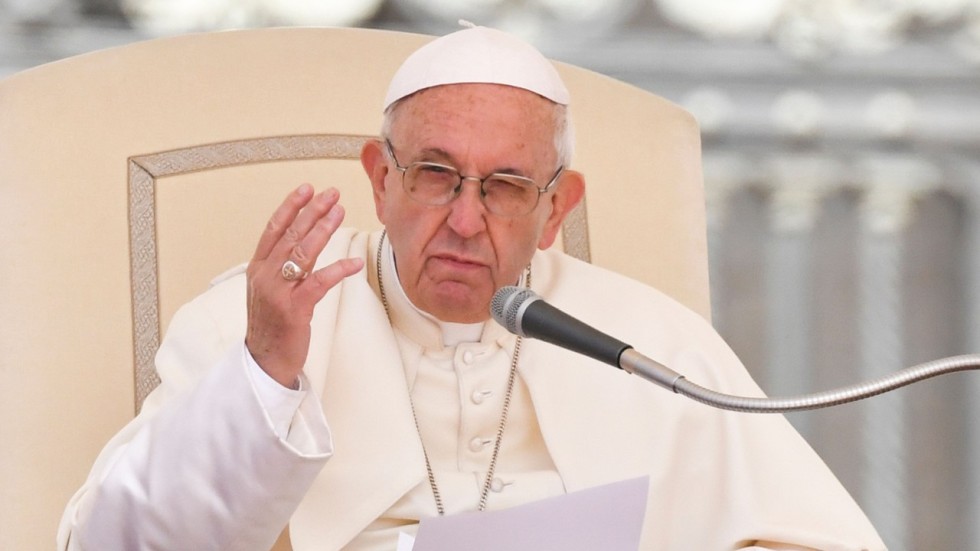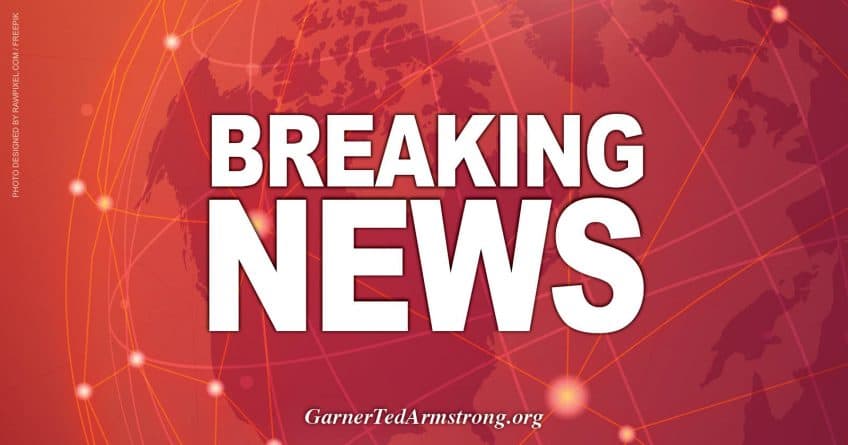Such behaviour has been the hallmark of the clerical sex abuse crisis worldwide, with bishops and religious superiors shuttling abusers around from parish to parish or dioceses.

Thirty-four Chilean bishops have resigned over a child sex abuse scandal within the Church in Chile after three days of meetings with Pope Francis at the Vatican, a spokesman for the bishops said on Friday.
“We, all the bishops present in Rome, have tendered our resignation to the Holy Father so that he may decide freely for each of us,” a statement read out by the spokesman said.
Francis accused Chile’s bishops of destroying evidence of sex crimes, pressuring church lawyers to minimise accusations and of “grave negligence” in protecting children from paedophile priests.
In a devastating 10-page document delivered to Chilean bishops during a summit this week, Francis said the entire Chilean church hierarchy was collectively responsible for “grave defects” in handling abuse cases and the resulting loss of credibility that the Catholic Church has suffered.
The document, reported by Chile’s T13 television and confirmed as authentic Friday by the Vatican, puts mounting pressure on the bishops as a whole to resign given Francis told them that “no one can exempt himself and place the problem on the shoulders of the others.”
Francis summoned the entire bishops’ conference to Rome after admitting that he had made “grave errors in judgment” in the case of Bishop Juan Barros, who is accused by victims of Chilean priest, the Rev. Fernando Karadima, of witnessing and ignoring their abuse.
But the scandal grew beyond the Barros case after Francis received a 2,300-page report written by two Vatican sex crimes experts sent to Chile to get a handle on the scope of the problem. Their report hasn’t been made public, but Francis cited its core findings in the footnotes to the document he handed over to the bishops this week. And those findings are damning.
Francis said the investigation showed there were “grave defects” in the way abuse cases were handled, with superficial investigations or no investigation at all of allegations that contained obvious evidence of crimes. The result, he said, “created a scandal for those who denounced them and all those who know the alleged victims.”
In other cases, there was “grave negligence” in protecting children from paedophiles by bishops and religious superiors – a reference to the many cases of sexual abuse that have arisen in recent years within Chilean religious orders, including the Salesians, Franciscans and the Marist Brothers community.
Some of these religious order priests and brothers were expelled from their congregations because of immoral conduct, but had their cases “minimised of the absolute gravity of their criminal acts, attributing to them mere weakness or moral lapses,” Francis wrote.
But those same people “were then welcomed into other dioceses, in an obviously imprudent way, and given diocesan or parish jobs that gave them daily contact with minors,” he said.
Such behaviour has been the hallmark of the clerical sex abuse crisis worldwide, with bishops and religious superiors shuttling abusers around from parish to parish or dioceses rather than reporting them to police or launching canonical investigations and removing them from ministry.
Francis said he was also “perplexed and ashamed” by the report’s evidence that there were “pressures exercised” on church officials tasked with investigating sex crimes “including the destruction of compromising documents on the part of those in charge of ecclesiastic archives”.
He said such behaviour showed “an absolute lack of respect for the canonical process and worse, reprehensible practices that must be avoided in the future.”
He said the problem wasn’t limited to a group of people, but can be traced to the training Chilean priests receive in seminary, blaming the “profound fracture” within the church on the seminaries themselves. The Vatican investigation, he said, contained “grave accusations against some bishops and superiors who sent to these educational institutions priests suspected of active homosexuality”.
For years, sex abuse victims have blasted the Chilean hierarchy for discrediting their claims, protecting abusers, moving them around rather than reporting them to police and then handing out light sentences when church sanctions were imposed.
Based on Francis’ footnotes, the Vatican investigation compiled by the Catholic Church’s top abuse prosecutor, Archbishop Charles Scicluna and his aide, Monsignor Jordi Bertomeu, gave full credibility to the victims.
Francis though has also been implicated in the scandal, and in his document saying all Chilean bishops bore blame, he added “and me first of all”.
Francis first drew scorn from victims, ordinary Chileans and even members of his sex abuse advisory board by appointing Barros bishop of Osorno, Chile, in 2015.
Francis did so over the objections of other Chilean bishops who knew Barros’ past was problematic and had recommended he and other Karadima-trained bishops resign and take a sabbatical.
Francis had received a letter in 2015 from one of Karadima’s most vocal accusers, Juan Carlos Cruz, detailing Barros’ misdeeds. That letter undercut Francis’ claim to have never heard from victims about Barros.
Francis further enraged Chileans and drew sharp rebuke from his top abuse adviser when, during a January trip to Chile, he said the accusations against Barros were “calumny” and said he was “certain” he was innocent.
After receiving the Scicluna-Bertomeu report, though, Francis did an about-face. Blaming a “lack of truthful and balanced information” about the case for his missteps, Francis invited the three main whistle-blowers to the Vatican hotel he calls home so he could apologize in person.
[Disclaimer]










